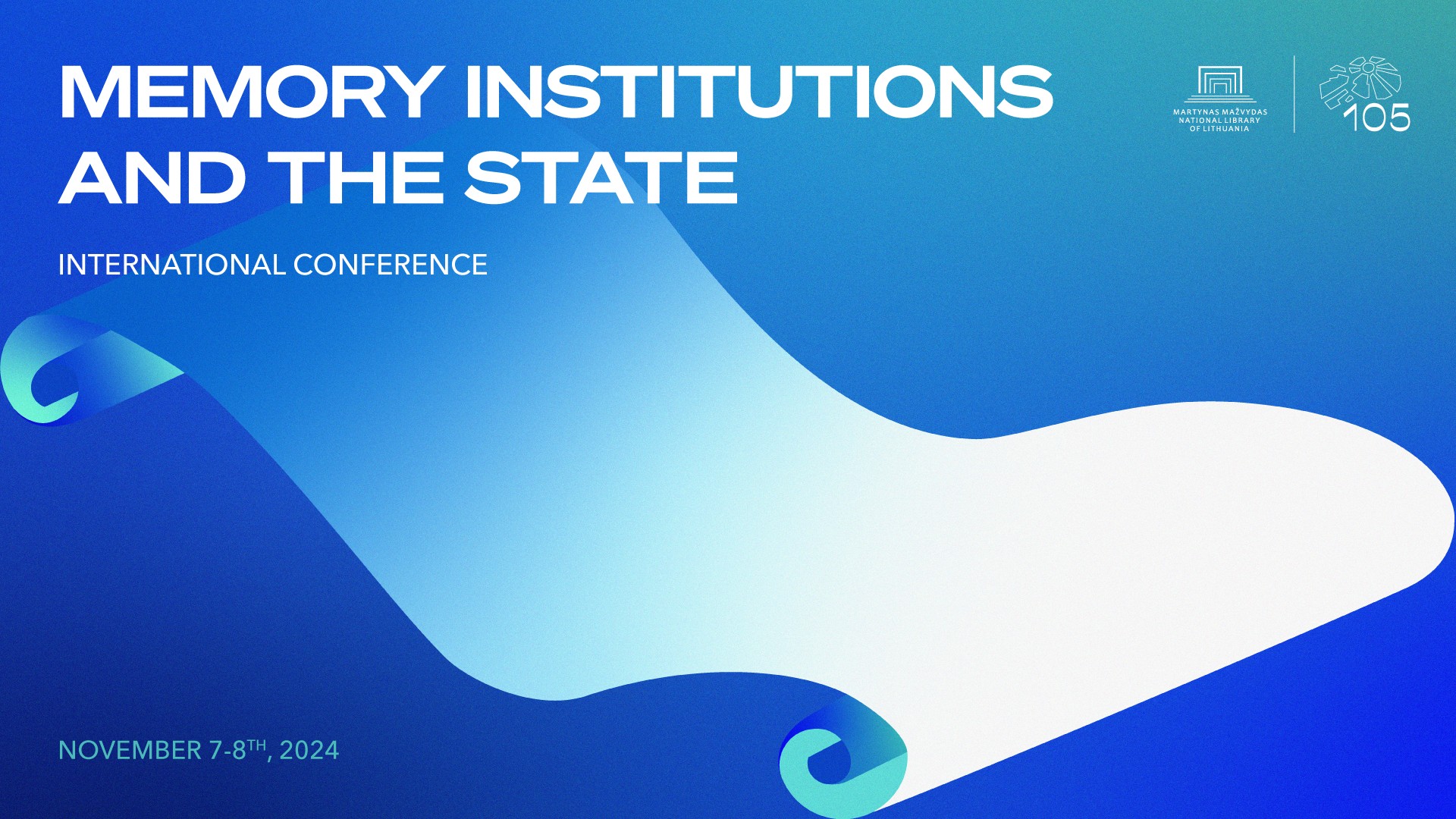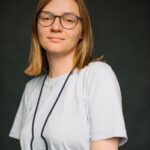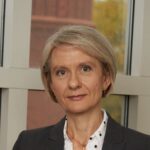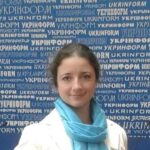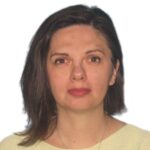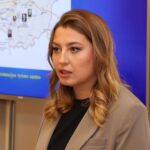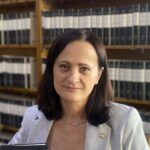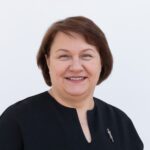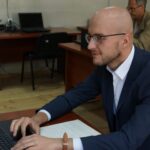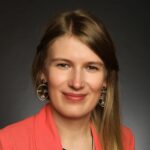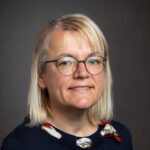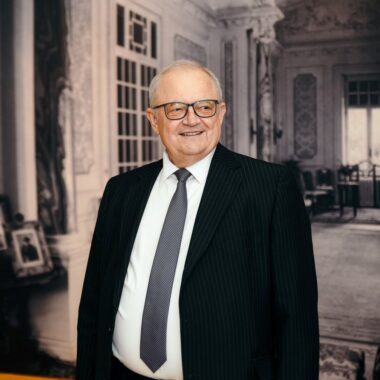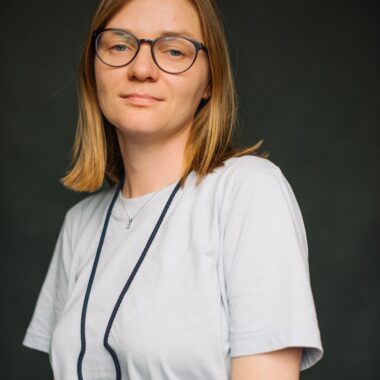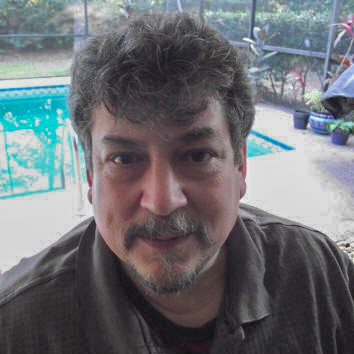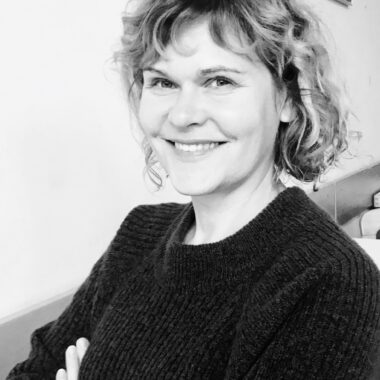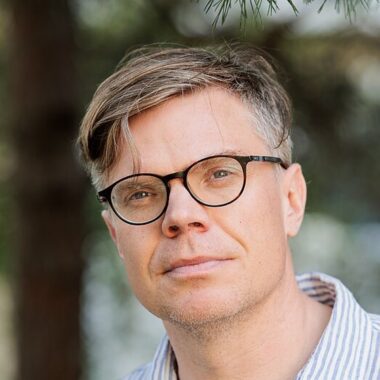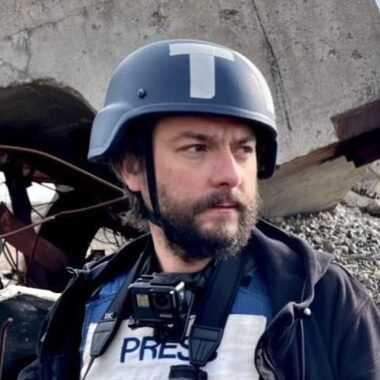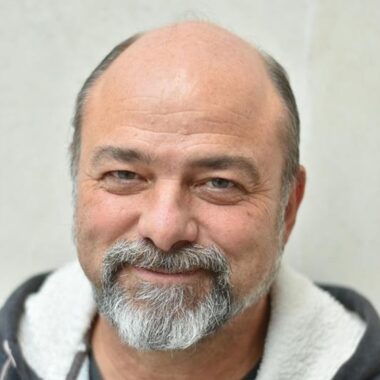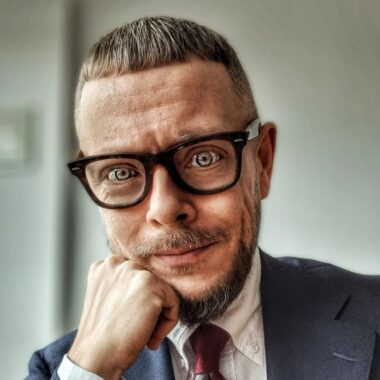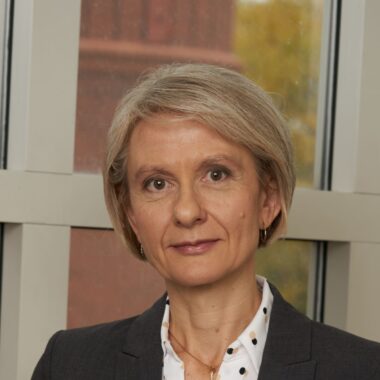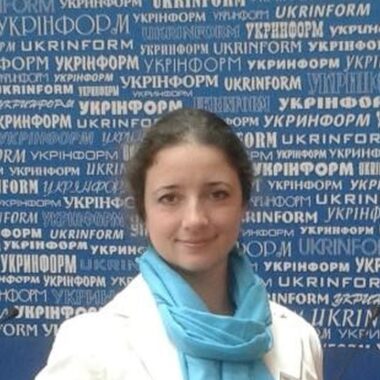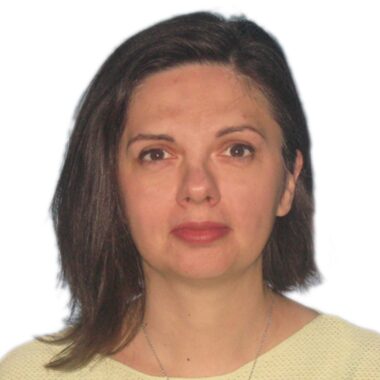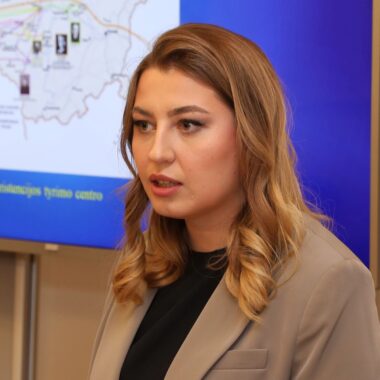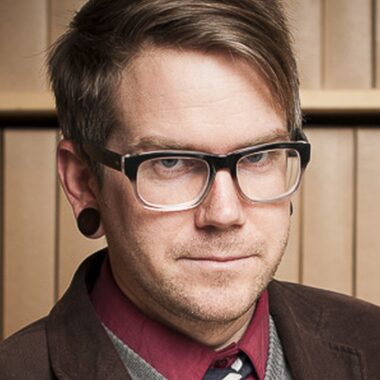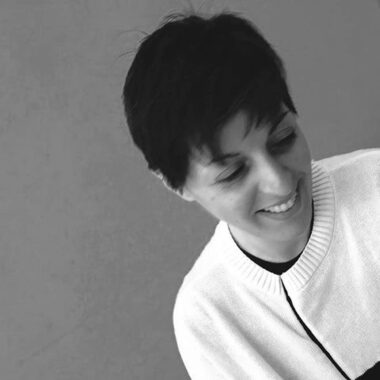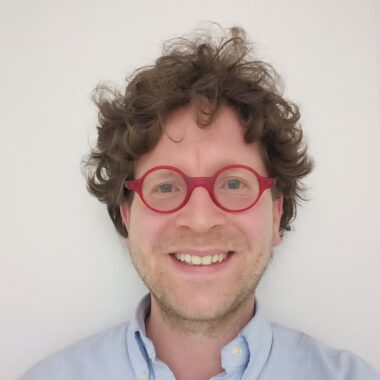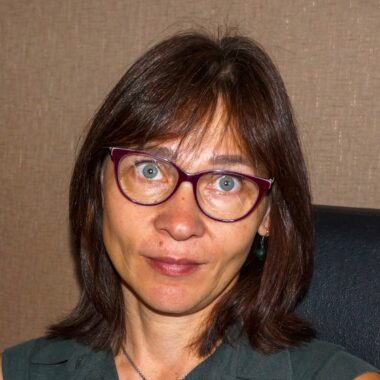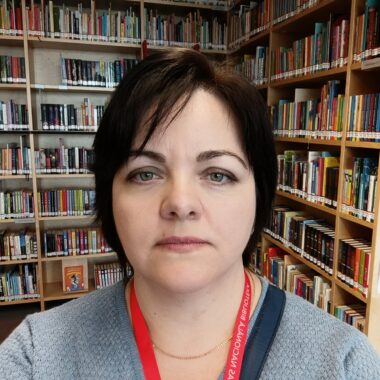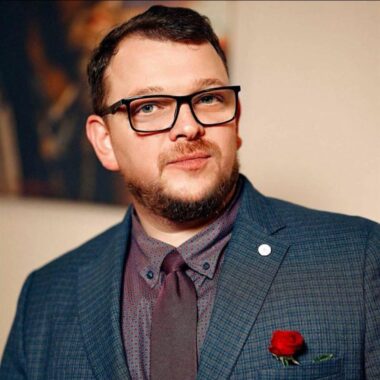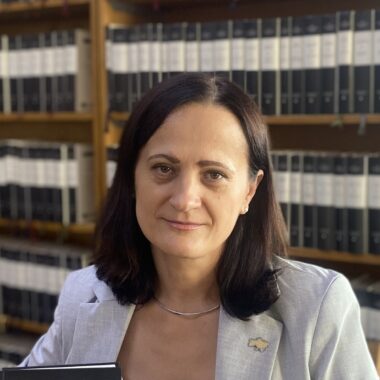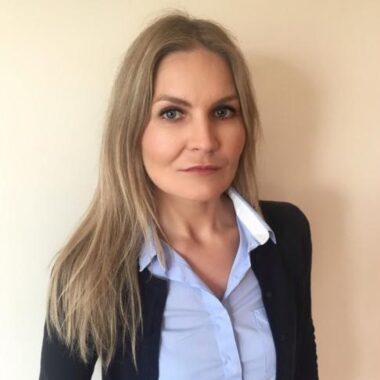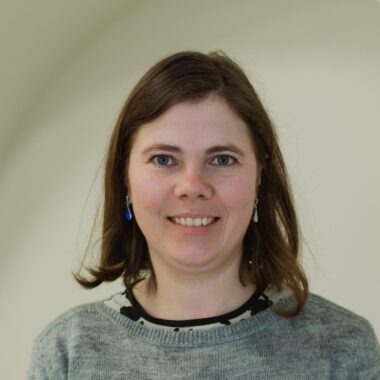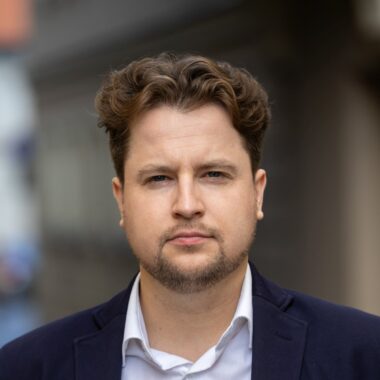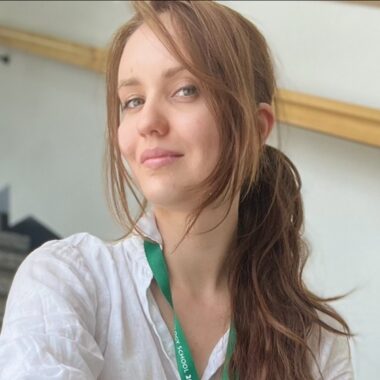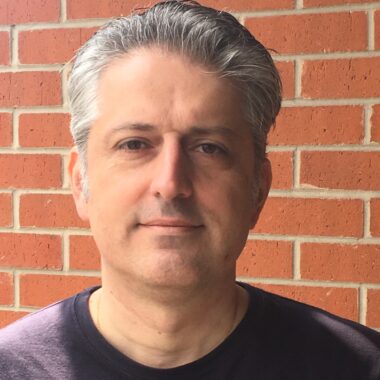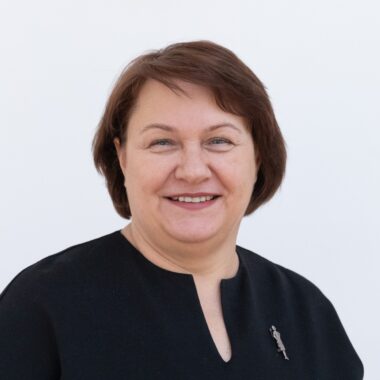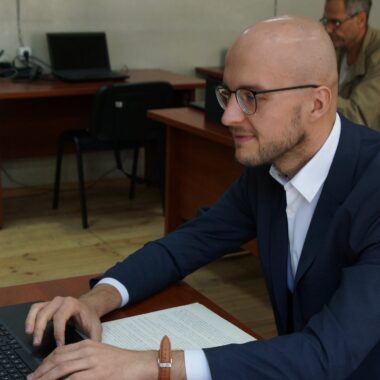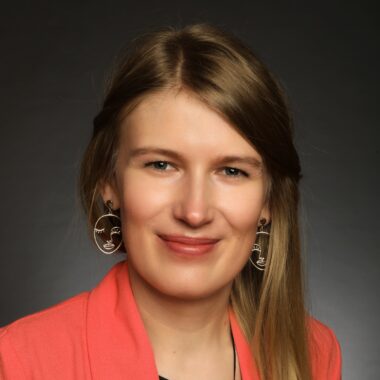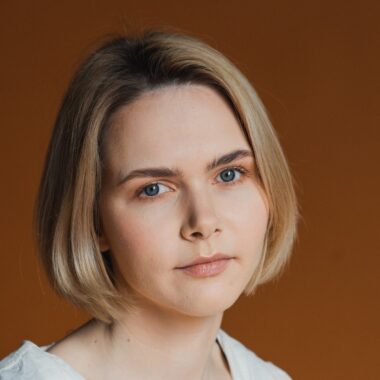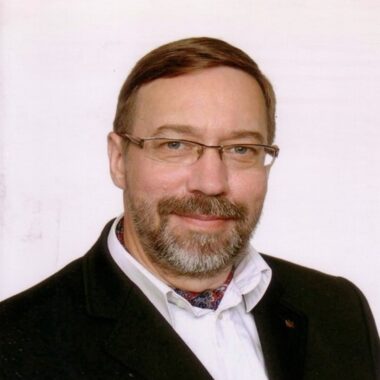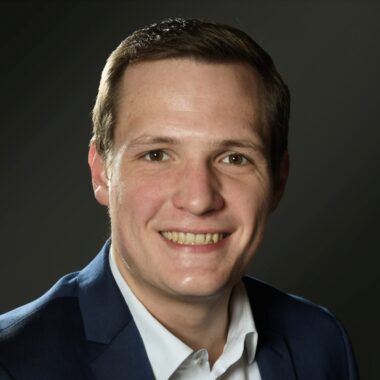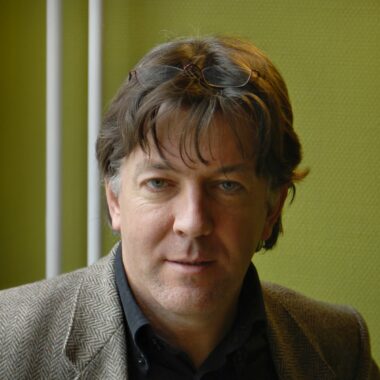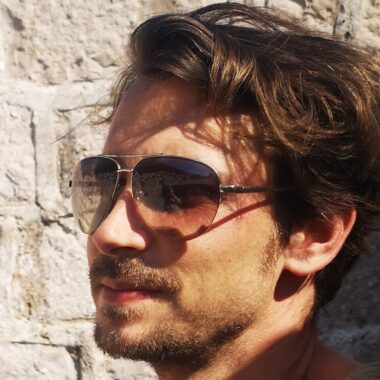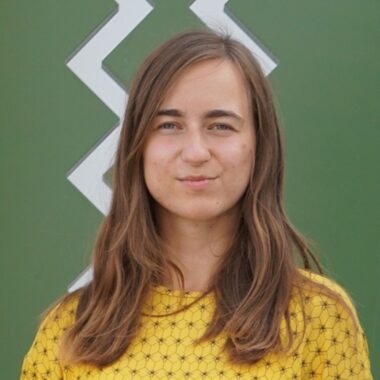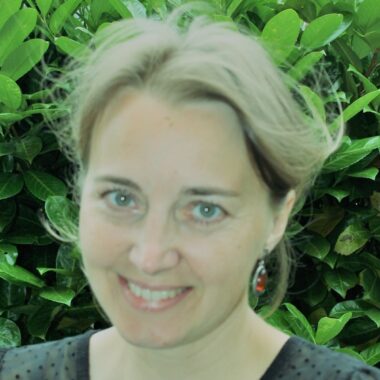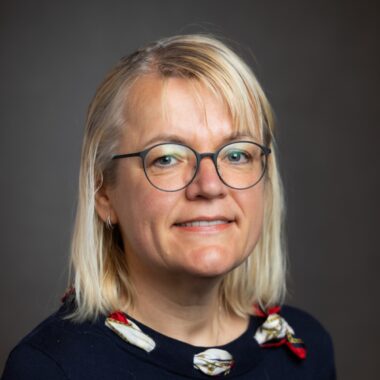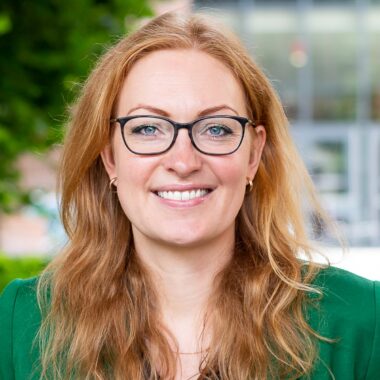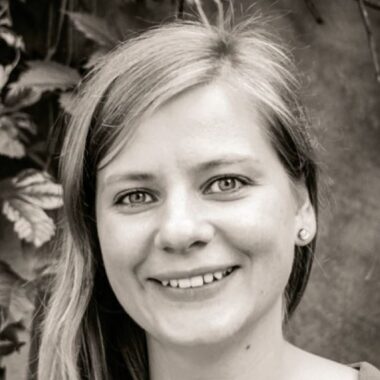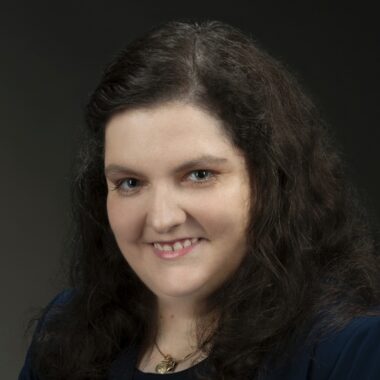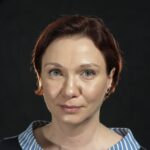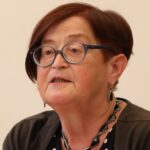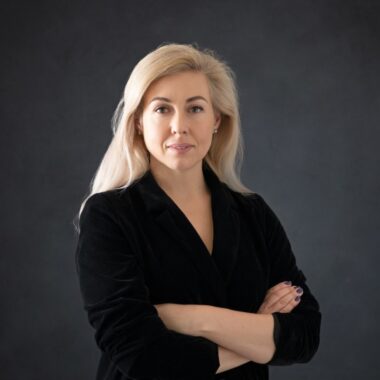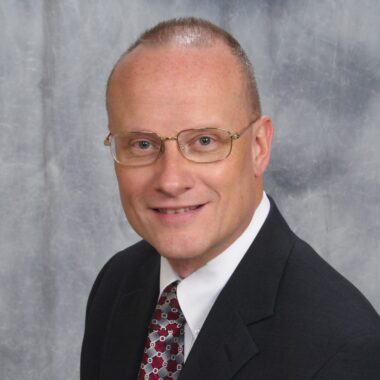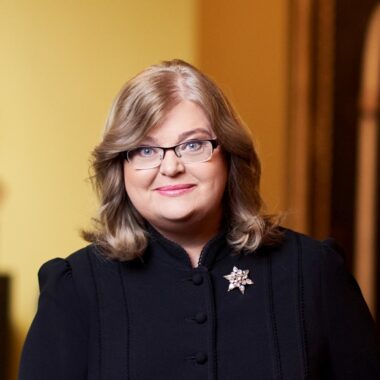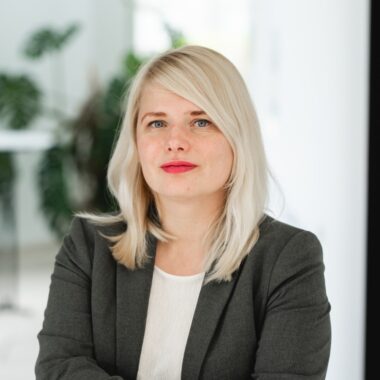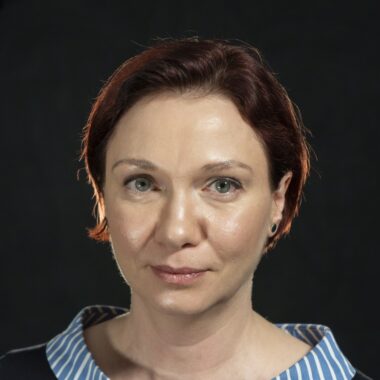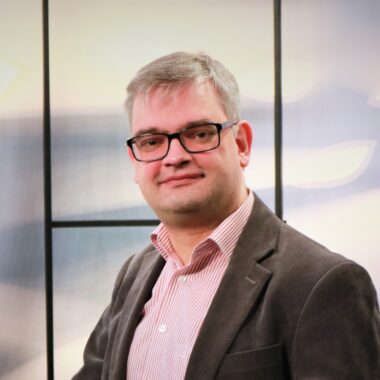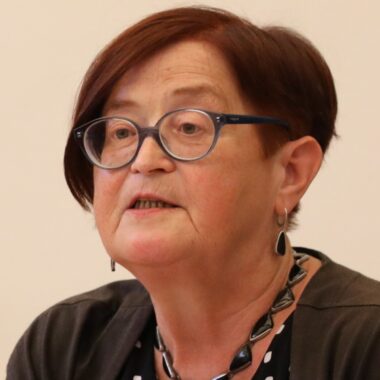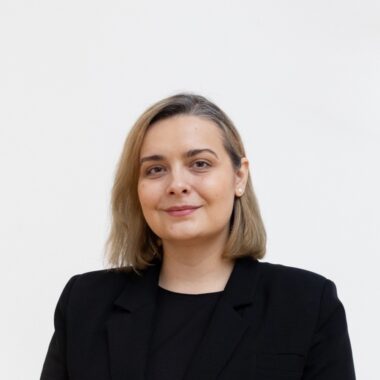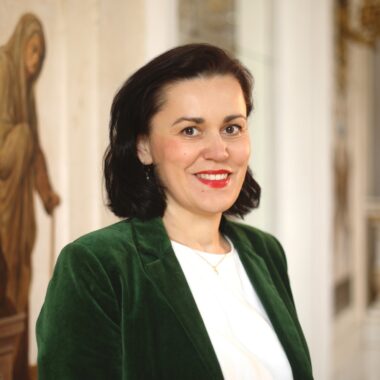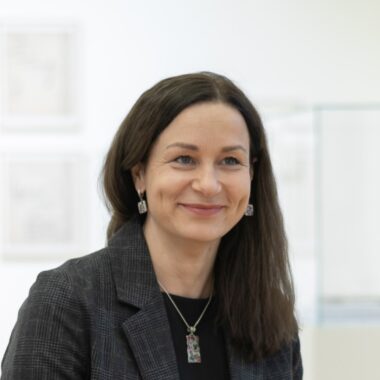November 7th 8.30-18.00
– Conference hall –
8.30-9.15 Registration
9.15-9.30 Welcome speeches: Aušrinė Žilinskienė, Director General of the Martynas Mažvydas National Library of Lithuania; Simonas Kairys, Minister of Culture of the Republic of Lithuania; Saulius Olencevičius, Adviser to the President of the Republic of Lithuania.
9.30-10.30 KEYNOTE SPEECH. Michael Bernhard (University of Florida)
State Memory Institutions and Modes of Civil Society
10.30-11.00 BREAK
11.00-12.30
– Conference hall –
PANEL I: Celebrating the 105th Anniversary of the Lithuanian National Library: transformations and partnerships
Moderator: Ingrida Veliutė (Martynas Mažvydas National Library of Lithuania)
Jolanta Budriūnienė (Martynas Mažvydas National Library of Lithuania)
A Paradigm of Lithuanian studies in the 100-Year History of the National Library of Lithuania
Tetiana Hranchak (Moynihan Institute of Global Affairs at Syracuse University) (ONLINE)
Library and the Politics of Memory: Ukrainian Dimension
Dagnija Baltiņa (National Library of Latvia)
National Library of Latvia as the Laboratory of Ideas for Memory Politics in Latvia
– Statehood Room –
PANEL II: Historical paths of Memory Institutions
Moderator: Inga Zakšauskienė (The Office of the Chief Archivist of Lithuania)
Jan Haugner (University of Bern)
“The Soul of the State”: Archives as Sites of Power, Memory and Representation in Early Modern Switzerland
Aiga Berzina-Kite (National Archives of Latvia / Institute of Latvian History at the University of Latvia)
Practice of Document Publications in Latvian Archives
Gintaras Dručkus (Kaunas Regional State archives)
“Some Reflections Concerning Formation of Independent Lithuania State Archives System in the Relationship Between Institutional and Individual Approach”
12.30-14.00 BREAK
14.00-15.40
– Conference hall –
Practical Seminar “Voices from the Frontline: War Documentation in Ukraine” (EN)
Vidmantas Balkūnas and Kseniya Kharchenko
– Statehood Room –
PANEL III: Public History as a Tool of Democracy. Lithuanian Memory Institutions in Context
Moderator: Violeta Davoliūtė (EUROPAST / Vilnius University)
Ignė Rasickaitė ( EUROPAST / Vilnius University)
Typology of Museums and their Relationship with Communities in the Vilnius Region
Neringa Latvytė (EUROPAST / Vilnius University)
From Gatekeepers to Collaborators: The Evolution of Museum Communication and its Impact on Democracy in Lithuanian Memory Institutions
Rūta Matimaitytė (EUROPAST / Vilnius University)
Memory Activism as a Tool Against Silence: Wolf Children
Liucija Vervečkienė (EUROPAST / Vilnius University)
Memorial Home Museums as Slow Memory Institutions
Dovilė Budrytė (EUROPAST / Vilnius University) (ONLINE)
Knotted Memories: Depicting the Crimes of Nazism and Communism in Lithuania‘s Leading Museums
15.40-16.00 BREAK
16.00-17.30
– Conference hall –
PANEL IV: Memorialization as a Means of Addressing Historical Trauma
Moderator: Alfonsas Eidintas (Martynas Mažvydas National Library of Lithuania)
Jacek Kordel (National Library of Poland)
Honoring Heritage: Commemorating the Destruction of Polish Libraries and Book Collections during World War II
Kostas Arvanitis (University of Manchester)
Museums and Spontaneous Memorials: Collecting and Documenting Collective Trauma
Peter Techet (University for Continuing Education Krems / Institute for Danube Region and Central Europe)
Memory Politics in Orbán´s Hungary: Rewriting the Past, Contesting the Memories?
– Statehood Room –
PANEL V: The Memory Institutions in Culture Policy
Moderator: Małgorzata Maria Grąbczewska (Royal Łazienki Museum in Warsaw)
Rikard Friberg von Sydow (Södertörn University)
The Swedish Museum-Debate 2016 and Forwards: Politics, Postmodernism and the Purpose of a Museum
Tymoteusz Barański (The National Library of Poland)
Memory Institutions’ Mission and the Copyright Law: Cooperation, Coexistence or Collision?
Gerhard Junior (Goethe University Frankfurt)
Memory Institutions in Lithuania and Worldwide: Local Experiences and Global Perspectives
November 8th 9.00-18.00
9.00-10.30
– Conference hall –
PANEL VI: Identity and Cultural Heritage in Memory Institutions
Moderator: Ruth Leiserowitz (German Historical Institute in Warsaw / Humboldt University of Berlin)
Revekka Kefalea (National and Kapodistrian University of Athens)
National Museums and the State: A Comparative History of Access to Cultural Heritage in Europe
Gabija Vyšniauskaitė-Danušė (The Institute of Lithuanian Literature and Folklore)
Lithuanian Identity Abroad: The Role of Archives and Museums
Laurynas Peluritis (Vilnius University, Faculty of Philosophy)
Why Should We Forget Collective Memory? A Provocation
– Statehood Room –
PANEL VII: Cultural institutions as Vehicles of Memory and Civil Society Development
Moderator: Ramunė Šmigelskytė-Stukienė (National Museum – Palace of the Grand Dukes of Lithuania)
Izabela Paszko (German Historical Institute Warsaw)
Revisiting History: Navigating the Entanglement between a State and Memory Culture in Germany
Georgi Verbeeck (Maastricht University / University of Leuven)
From a Museum Frozen in Time to a Museum for our Times. The Transformation of the AfricaMuseum in Brussels
Małgorzata Grąbczewska (Royal Łazienki Museum in Warsaw)
From Individual Souvenirs to Collective Memory: “Photo-Souvenirs” Project in the Royal Łazienki Museum
10.30-11.00 BREAK
11.00-12.30
– Conference hall –
PANEL VIII: Post-Totalitarian Regimes and Memory Institutions
Moderator: Monika Rogers (Lithuanian Institute of History)
Tetiana Boriak (Vilnius University)
Memory Politics and State Building in Ukraine: Challenges, Failures and Success Stories
Ewa Ochman (University of Manchester, History Department)
The Institute of National Remembrance and the De-communisation of Public Space in Poland
Zigmas Vitkus (Klaipėda Universitiy, Institute of Baltic Regions History and Archeology)
Institution in Tension: The Genocide and Resistance Research Centre of Lithuania (1992-2024)
– Statehood Room –
PANEL IX: Digitalising Memory and Institutions
Moderator: Laura Juchnevič (Klaipėda County Ieva Simonaitytė Public Library)
Oksana Brui (Yaroslav Mudryi National Library of Ukraine), Oleh Serbin (Yaroslav Mudryi National Library of Ukraine), Tetiana Chorna (National University of Kyiv-Mohyla Academy Library) (ONLINE)
Towards the National Digital Library of Ukraine: Interaction of Memory Institutions, the State, and Non-Governmental Organizations in Preserving Cultural Heritage During Wartime
Adrianna Sznapik, Elżbieta Nowosielska, Michał Raczkowski (Tadeusz Manteuffel Institute of History of the Polish Academy of Sciences)
Digital Humanities as an Opportunity or Challenge for Researchers Dealing With Cultural Heritage and Memory? The Project “Cultural-Intellectual Geography of the lands of the former Polish-Lithuanian Commonwealth in 1865-1918 – a digital vademecum” as an Example
Oksana Pliushchyk (Institute of Biographical Research, V.I. Vernadskyi National Library of Ukraine) (ONLINE)
Architecture of Websites of Ukraine’s Libraries: Biograms of Fallen Soldiers
12.30-14.00 BREAK
14.00-15.40
– Conference hall –
Apie atminties institucijų šortus: komunikacija naujajai kartai (dirbtuvės lietuvių kalba)
On Memory Institutions and Shorts: Communication for a New Generation (Workshop in Lithuanian)
Kristina Petrauskė
15.40-16.00 BREAK
16.00-17.30
– Conference hall –
PANEL X: Community Initiatives and Institutional Collaboration
Moderator: Jolanta Budriūnienė (Martynas Mažvydas National Library of Lithuania)
Toby Butler (Royal Holloway, University of London)
Creating an Activist Archive of the UK Environmental Movement at the British Library
Geerd De Ceulaerde (University of Antwerp)
Community, Cultural Memory and Archival Policy: Evaluating Flanders’ Heritage Arena for Implementing an Institutional Intercommunity-oriented Cultural Archival Praxis.
Stana Tadic Pantic (Belgrade University )(ONLINE)
Human Rights Archives and their Roles in Strengthening Democracy
– Statehood Room –
PANEL XI: Politics and Memory Institutions in the Baltic States
Moderator: Rūta Matimaitytė (EUROPAST / Vilnius University)
Mārtiņš Mintaurs (National Library of Latvia) (ONLINE)
Remembrance of the World War II History in Latvia: Politics and Heritage
Monika Rogers (Lithuanian Institute of History)
Communist Crimes in Lithuania: National, International Law and Imagination
Eva Naripea (Film Archive of the National Archives of Estonia) (ONLINE)
Contested Heritage: Shifting Politics of Film Preservation in Estonia
17.30-18.00
– Conference hall –
Concluding Remarks (Scientific committee)


